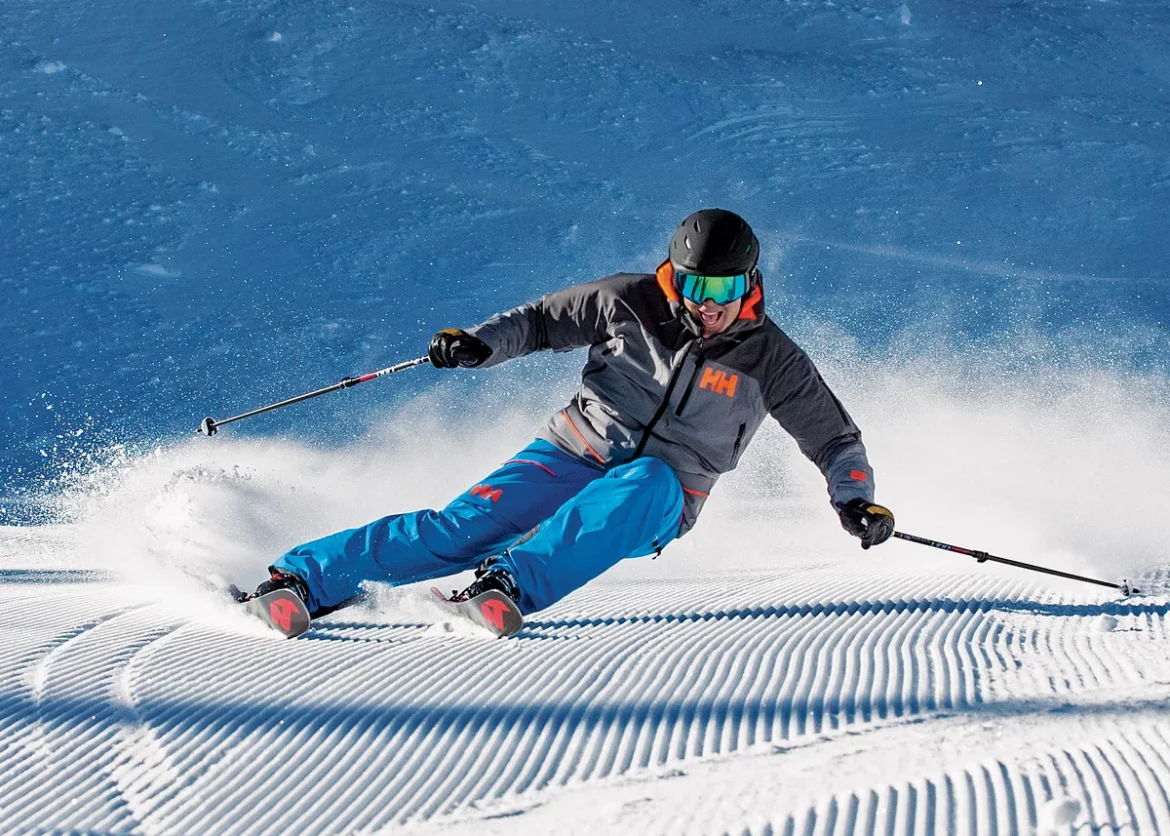Leading athletes has called on International Ski and Snowboard Federation to overhaul sustainability strategy in a letter signed by top skiers to the International Ski and Snowboard Federation (FIS) demanding action over the climate emergency.
Holidaymakers have been left disappointed and some ski tournaments called off this season following a notable lack of snow across Alpine resorts as global heating meant that there is no longer guaranteed snow at some of the top ski areas, and the situation has been predicted to get worse as the planet continues to heat and weather condition becomes more erratic.
Leading athletes have now called for the FIS to overhaul its sustainability strategy which they say is lacking and asked for a more “geographically reasonable” race schedule to reduce carbon emissions, as the races often entail flying across the world multiple times. This year, the men’s circuit will have travelled from Europe to North America and back twice.
They want the ski season to be changed to keep up with climate breakdown and suggested shifting the start of the season from late October to late November and the end of the season from mid-March to late April.
“The seasons have shifted and in the interest of us all we need to adapt to those new circumstances,” they said.
Read also: Thérèse Coffey calls on financial sector to make meaningful investment in nature-based solutions
Signed by 200 athletes, the letter was written by the Austrian downhiller Julian Schütter, ambassador for climate campaign group Protect Our Winters (Pow).
“We are already experiencing the effects of climate change in our everyday lives and our profession. The public opinion about skiing is shifting towards unjustifiability … We need progressive organisational action. We are aware of the current sustainability efforts of FIS and rate them as insufficient,” part of the letter says.
The American downhiller and Pow ambassador Travis Ganong said he was worried it might get to a time when there would be no snow again and the sport would be lost with it.
“We really want to push our organising body to be leaders in this fight for climate change and currently I don’t think we are leading. I don’t know if it’s the schedule or what [the FIS] can change, but at least start looking deep into what we’re currently doing and how we can do it better,” he said.
Story was adapted from The Guardian
